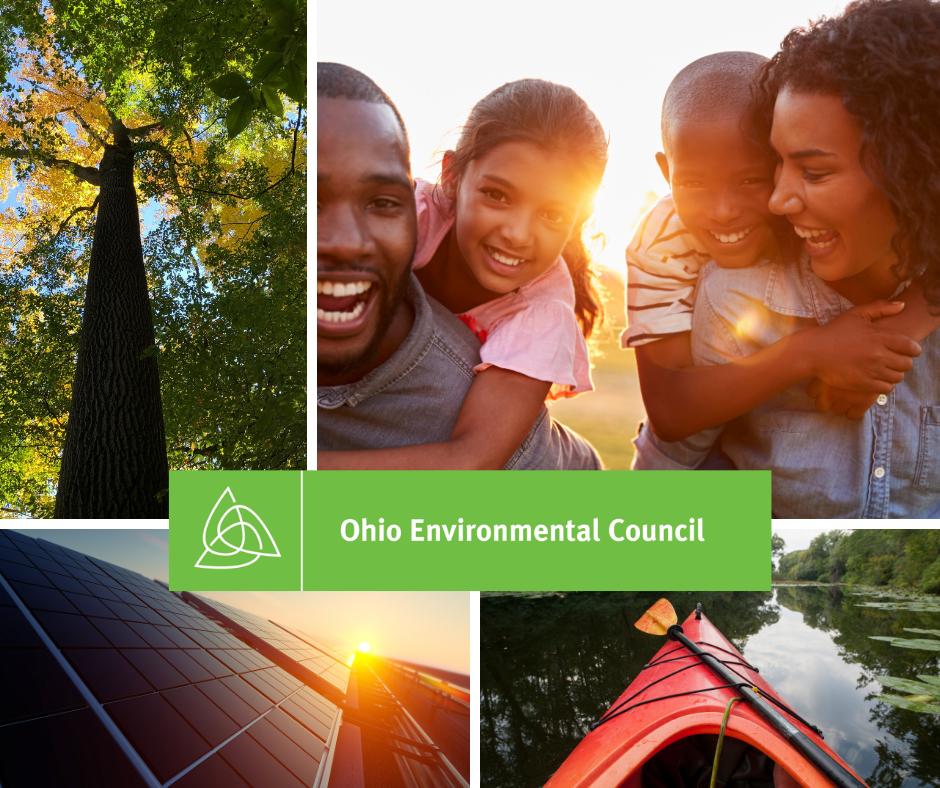Tagged In: appalachia, athens, Clean Energy, energy, Solar, SOPEC, Southeast Ohio
Carol Davey, Managing Field Director, May 29, 2018
During the May 8th primary election, southeast Ohio saw a key victory for the environmental movement. The city of Athens went to the polls and passed a carbon fee, by over 76 percent in favor, to be incorporated into their pre-existing community aggregation.
The ballot measure was a resounding success thanks to the efforts of UpGrade Ohio, an energy awareness and efficiency nonprofit partner of Southeast Ohio Public Energy Council (SOPEC).
The fee, reportedly equal to .002 cents per kilowatt hour of energy used, would be used for solar installation on city municipal buildings. The fee would also offset part of the economic and environmental damages that result from carbon emissions while encouraging people to conserve energy. Athens is the first municipality to pass a measure of this kind and aggregation has once again proven to be a vehicle for energy efficiency and innovation.
Ohio is one of six states nationwide that allows communities to create a power block of consumers in order to negotiate with utilities and create their own energy program.
SOPEC was formed in 2014 when three local governments in southeast Ohio passed electric aggregation on the ballot: Athens City, Amesville Village, and the County Commissioners, who represent all of the neighborhoods and households in unincorporated Athens. The Council has since grown to represent more municipalities, leveraging the thousands of accounts within their program to create and promote energy efficiency and clean energy development while securing lower utility rates for individuals.
The new carbon fee will only apply to customers enrolled in the SOPEC opt-out electric aggregation program within Athens City, but SOPEC seeks to add more communities via the same ballot measure process. As more municipalities embrace the power of community choice aggregation, it is possible Appalachian Ohio can become a spark for clean energy and carbon fee mitigation.
If other aggregates include carbon fees as part of their opt-out aggregation program, the region could see some incredible innovation. SOPEC continues to show a working model for blending economic development with energy efficiency and clean energy development and thereby Ohio continues to show the nation that innovation in practice can uplift communities while working towards a safer environment for all.
